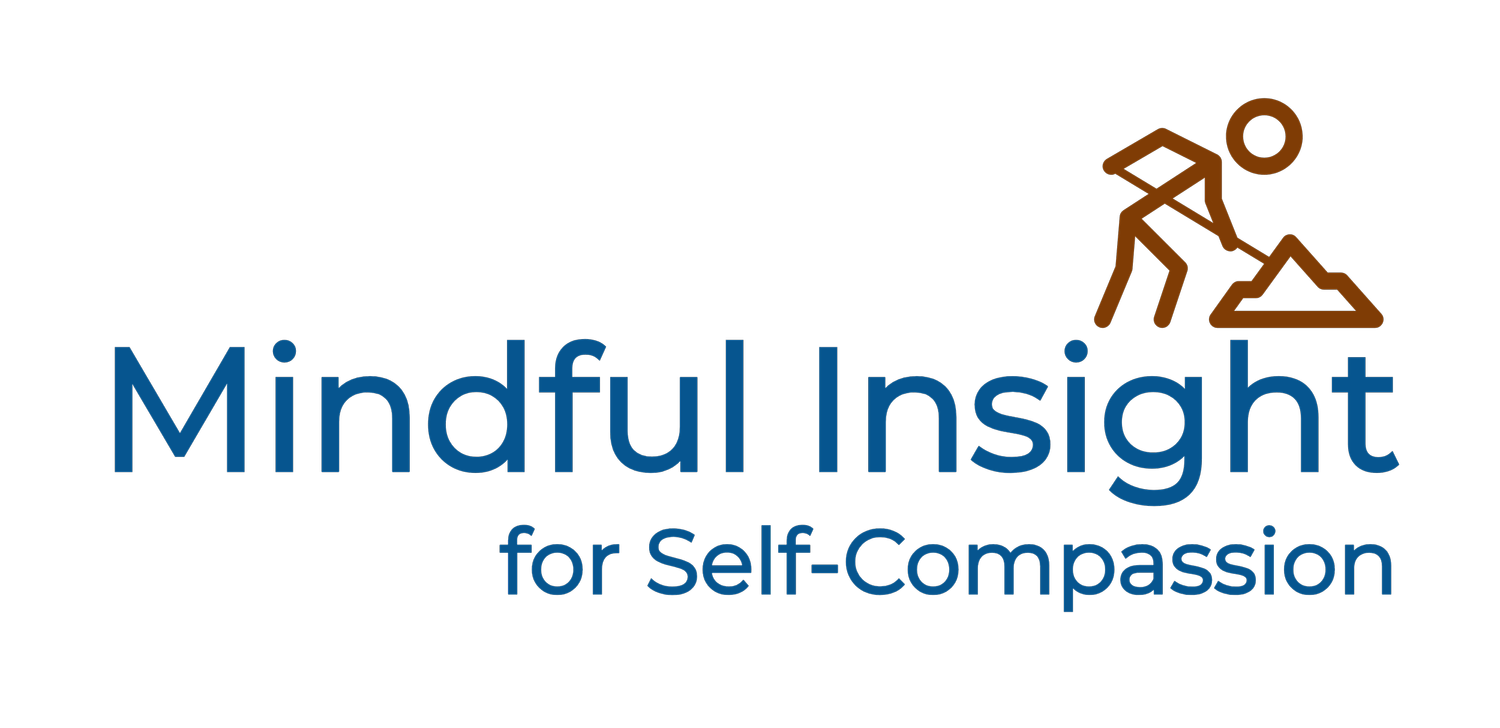Overidentification & Reactive Judgment
Our well-being relies on the building blocks of health, such as securing adequate sleep, eating healthy, exercising regularly, and cultivating human connections. While these essential components certainly contribute to our health, we remain vulnerable to life stressors until we start reevaluating our thought processes and emotional reactivity with the power of awareness. Unbeknownst to ourselves, we may be habitually engaging in the same patterns of harmful thoughts or mindlessly repeating autopilot behaviors that are compounding the challenges in life, compromising health, and damaging relationships.
Mindfulness practice helps us redirect chronically dispersed mental energy toward healing and establish conscious living. It teaches us how to use the mind more effectively to prioritize and improve our health by enhancing inward attention and awareness. If you are interested in or have already been practicing mindfulness, most likely you came across the oft-cited wisdom of maintaining a non-identifying and non-judgmental perspective. After practicing meditative practice for a while, we become intimately familiar with the nature of our minds and discern how unreliable and misleading our own thoughts can be. We learn experientially that it would be foolish to overidentify with any of our constantly evolving thoughts and mood. This is one of the most important features of learning and unlearning in mindfulness practice.
Being non-judgmental means resisting our natural tendency to judge and react based on personal beliefs and expectations and seeing clearly how things are without getting hung up on how things ought to be. Because any judgment or interpretation is just another mental event or thought, mindfulness practice helps us notice and drop it matter-of-factly instead of perpetuating the patterns of judgment. The mindful practice of noticing & dropping (mental notation) is an act of non-reactive self-compassion that prioritizes our health and well-being. This non-identifying & non-judgmental perspective described here is sometimes referred to as decentering metacognition, which is the foundation of emotional intelligence and is essential in keeping various forms of cognitive distortions and negativity bias in check. The word, decentering, signifies mental flexibility to take internal experiences (thoughts/feelings) out of the chest, hold them in the hands, and examine their validity and relevance.
From Mindful Discernment to Acceptance
Mindful discernment of here & now experience cultivated through non-identifying & non-judgmental perspective naturally leads to acceptance, which is the common thread of all mindfulness-based treatment modalities. When our expectations or top-down preconceptions (how things ought to be) do not match how things are in actuality, mindful discernment helps us realize that the true cause of frustration and suffering might be an internal conflict rooted in our inability to let go of attachment to certain expectations or desires (taṇhā). In this sense, mindfulness-based discernment is an effective antidote against our strong tendency to cling to preconceived ideas or assumptions about what would make us satisfied and happy—even though many studies have shown repeatedly that we are not good at predicting what would make us feel satiated. It should be noted that true acceptance is not something we do, but something to be seen through the lens of mindfulness and realize that there is nothing to accept because it just is.
All Rights Reserved ©2022 W. Okada

